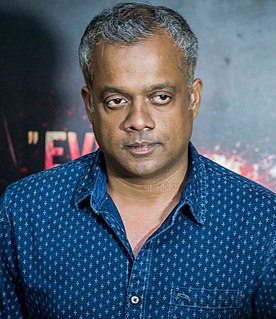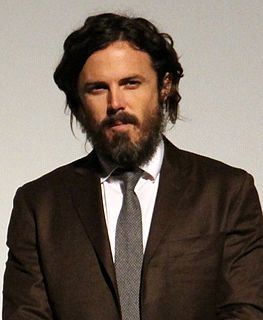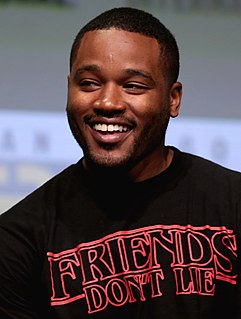A Quote by Luca Guadagnino
I'm one of those directors who read reviews, even if they're bad, because I started as a film critic as a cinema student. I indulge in the art of criticism in general.
Related Quotes
I've stopped going to see art films because every critic gives them four stars and say things like 'masterpiece,' 'spellbinding' and 'mesmerizing.' I mean, they're doing that with my film, but I don't want to use those blurbs. Critical reviews aren't worth too much anymore because just about every film can get one or two of them.
I don't read reviews. Just because that is something that's directly connected to my job. I'm doing this because I love it, not because I'm necessarily looking for approval or anything like that. To me, it seems that reading reviews - whether they're good ones or bad ones - can only sort of force the person to divorce themselves from the reality of what it is they do for a living. So I don't read reviews.
I don't have a very high opinion, actually, of the world of criticism - or the practice of criticism. I think I admire art criticism, criticism of painting and sculpture, far more than I do that of say films and books, literary or film criticism. But I don't much like the practice. I think there are an awful lot of bad people in it.
I first came to cinema as a passionate filmgoer, when I was a child. Then, when I was a very young man, I became a film critic precisely because of my knowledge of cinema. I did better than others because of this. Then I moved on to screenwriting. I wrote a film with Sergio Leone, 'Once Upon a Time in the West.' And then I moved to directing.
In the eight years I worked at newspapers, even during a little stretch when I was a film critic, I was never, ever doing exclusively criticism. In the daily newspaper world, much more value is placed on reporting than on thinking abstractly about art. The eight years I was in newspapers, I was mainly a journalist in the conventional sense, and just doing criticism when there were opportunities.





































